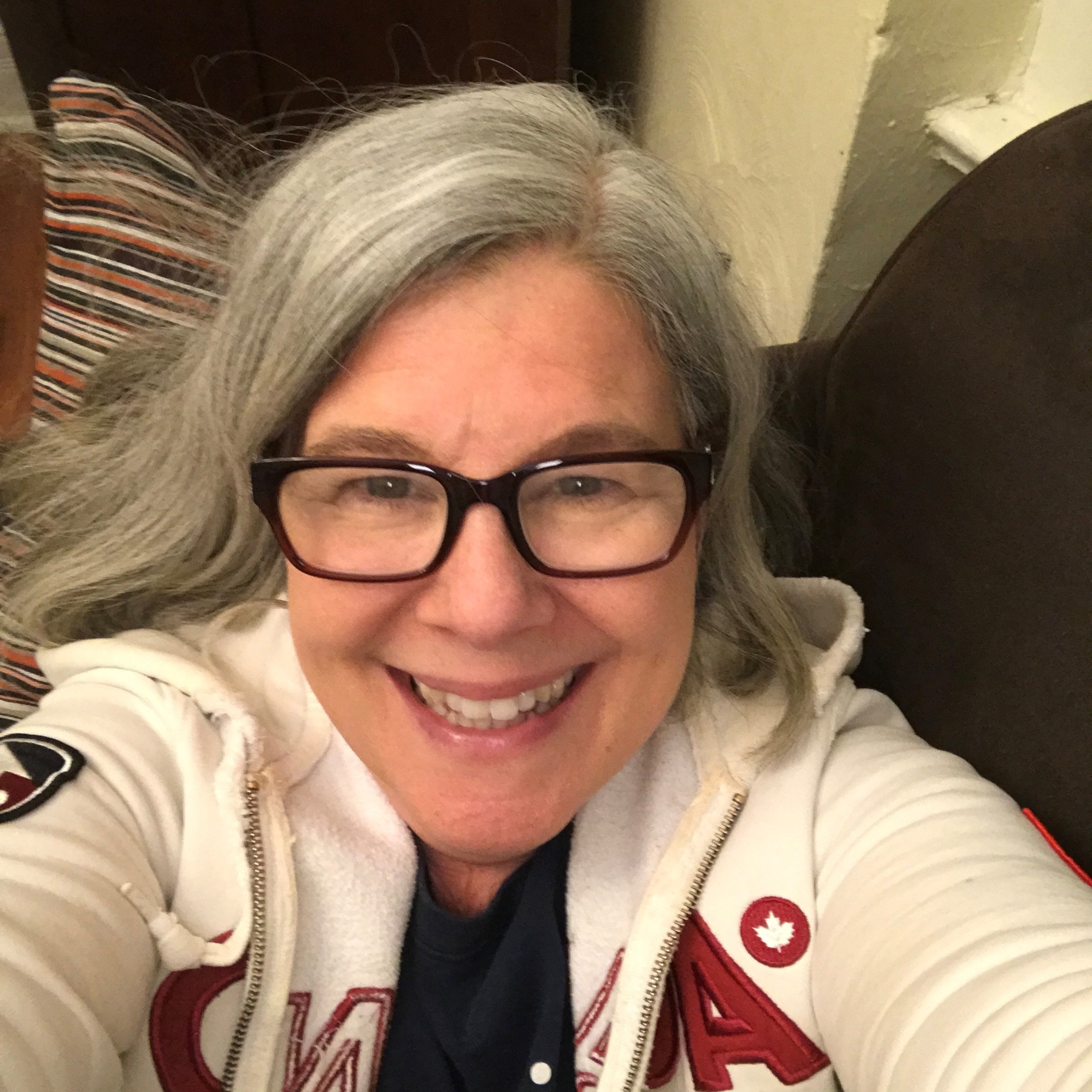- Home
- About Us
- The Team / Contact Us
- Books and Resources
- Privacy Policy
- Nonprofit Employer of Choice Award

 As a working fundraiser and donor, the variety of approaches by different charities has been important. Each organization has taken its own strategy. Here is a cross-section of what has been in my own Inbox - I have added in my response in italics.
As a working fundraiser and donor, the variety of approaches by different charities has been important. Each organization has taken its own strategy. Here is a cross-section of what has been in my own Inbox - I have added in my response in italics.
Added to the atmosphere of panic. Guess what? My season was ruined too. I’m not likely to give a donation to them.
Added to the atmosphere of optimism and made themselves relevant to me by having a front-facing communication style. Considering sending an unsolicited gift to them.
As a long-time supporter, I am very interested in this hospital.While I am not going to cancel my monthly gift I’m not necessarily going to tell them my new credit card information unless their communication improves. And not sure they will stay in if I update my will.
I unsubscribed.
Here’s the thing. Right now a lot of conventional wisdom says that you need to be out there asking donors for support no matter what kind of charity you are.
I completely disagree.
If you are a front-line charity (hospital, social service agency, food bank), then yes, absolutely, contact me about a gift. You don’t need to steward me first, you don’t need to offer me great content, go straight to ask.
If you are not a front-line charity, take a good, hard look at your communications. If you have:
- not been in touch with donors at all
- only sent emails about the hard situation of your staff working from home
- only sent emails outlining what health and safety measures you have taken to close your office
- have only focused on your situation as a charity not recognizing all your readers are also in the same situation
- have not re-oriented your communications to take into account your audience’s reality as your donor, member, or subscriber
then you have not earned the right to ask me for a gift.
As you saw from the examples above, not treating supporters as a fellow human and partner, risk losing them.
Giving to charity is an incredible priviledge. Receiving gifts from donors is a priviledge, not a right. Make sure you have earned that right before you start asking.
Ann Rosenfield is a working fundraiser for a non-frontline charity. Right now her time is mainly spent phoning donors to check how they are.